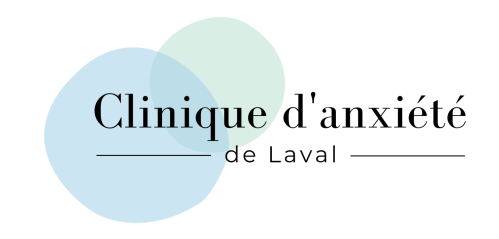Stress is common, and the tendency to imagine worst-case scenarios or experience anxiety is increasingly common. However, when anxiety becomes pervasive, generates distress and negatively affects quality of life, it’s important to take steps to remedy it. But how do you know if what you’re feeling is “normal” anxiety, or if it’s an anxiety disorder that needs special attention? Anxiety can be felt both physically and emotionally, and has an impact on behavior. Here are some signs and symptoms to look out for.
Physical symptoms
- Heart palpitations: A heartbeat that accelerates for no apparent reason.
- Excessive sweating: Sweating profusely even under normal conditions, without physical exertion and without being in a very hot environment.
- Trembling: Hands or legs shaking for no reason.
- Muscle pain: tension or pain in the muscles, often in the back or neck.
- Digestive disorders: nausea, diarrhea or constipation with no obvious medical cause.
Emotional symptoms
- Sense of dread: A constant feeling that something bad is going to happen.
- Irritability: Feeling easily irritated or frustrated.
- Excessive worry: worrying disproportionately about things that don’t necessarily warrant it.
Behavioral symptoms
- Avoidance: Avoid situations or people that trigger anxiety.
- Procrastination: Constantly putting off tasks or decisions.
- Reassurance-seeking: Frequently ask others for their opinion to reassure yourself.
When should you consult a professional?
If you find that several of these symptoms are affecting you significantly and have been persisting for some time, it’s advisable to see your doctor to make sure there isn’t an underlying physical health problem, and to consult a psychologist if necessary.
Treatment options
There are several treatment options for anxiety disorders, including psychotherapy (such as cognitive behavioral therapy – add link to site), medication (such as antidepressants or anxiolytics), and complementary approaches (such as mindfulness meditation).
Consult a psychologist
Anxiety is complex and can have a major impact on our physical and emotional well-being. If you recognize yourself in many of the symptoms listed above, don’t hesitate to seek professional help. Solutions exist to improve your quality of life. Contact us, we can help.

